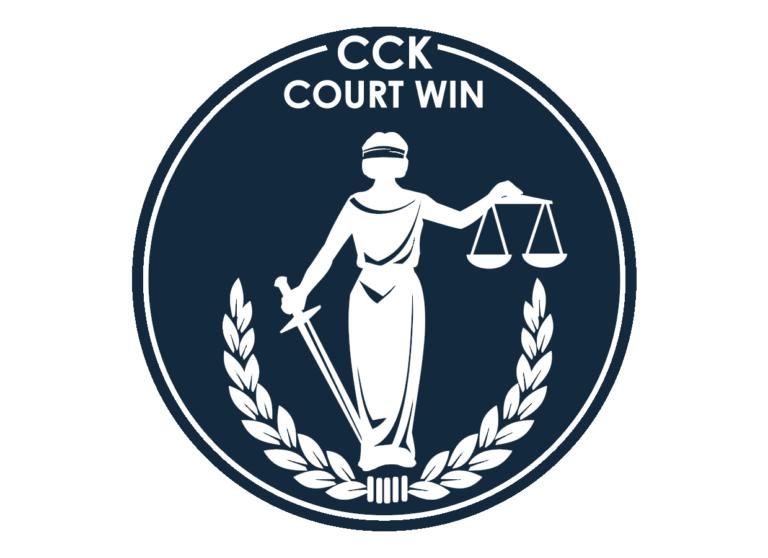Board Erred in Denial of Service Connection for Hepatitis C, Non-Hodgkin’s Lymphoma, and Diabetes

CCK Law: Our Vital Role in Veterans Law
Summary of the Case
The Veteran served on active duty in the United States Army from March 1972 until February 1975 as an indirect fire infantryman. In February of 1974, he was diagnosed with hepatitis A. Two years later, the Veteran was in a motor vehicle accident and medical reports noted elevated levels of enzymes in his liver. The Veteran denied using drugs or receiving blood transfusions, which may have caused the elevated levels. In November of 1997, he was further diagnosed with non-Hodgkin’s lymphoma. While undergoing treatment, he was diagnosed with hepatitis C. The Veteran initially applied for service-connected compensation for hepatitis, non-Hodgkin’s lymphoma, and diabetes in 2009. However, his claims were denied in 2010. The Veteran continued to seek service connection and attended a VA examination in November of 2013. The examiner opined that it was less likely than not that the Veteran’s hepatitis C was incurred or caused by service. In July of 2015, he submitted a statement in which he argued that he contracted hepatitis C from a fellow soldier who was a drug user. He believed the drug user either shaved with his razor or accidentally poked him with a needle. The Veteran also indicated that his non-Hodgkin’s lymphoma and diabetes may have been connected to his hepatitis C.
In May of 2016, the Board remanded the Veteran’s claims in light of his statements. The remand called for an addendum opinion to address the etiology of his hepatitis C, and instructed the examiner to provide a full explanation if unable to provide an opinion without resorting to mere speculation. In august of 2016, the examiner upheld the opinion that the Veteran’s hepatitis C was neither incurred nor caused by his service. The examiner indicated that there was no evidence of the Veteran having hepatitis C before 1998 despite elevated liver levels in 1976, which he noted as non-specific and possibly caused by acute muscle injury or rupture to red blood cells secondary to the motor vehicle accident. As a result, the Board denied service connection.
Board denies service connection for hepatitis C, non-Hodgkin’s lymphoma, and diabetes
In August of 2017, the Board issued a decision denying service connection for hepatitis C, non-Hodgkin’s lymphoma, and diabetes mellitus, type II. In its decision, the Board reasoned that there was no diagnosis of hepatitis C in service or for many years afterwards, and that there was no treatment for symptoms associated with hepatitis C in service. Furthermore, the Board concluded that the competent medical evidence, including the November 2013 and August 2016 VA examination reports, is against a finding that the in-service diagnosis of hepatitis A is related to the later diagnosis of hepatitis C. In regards to the Veteran’s statements, the Board found that he was not credible with respect to blood exposure in service. The Board also found that service connection for non-Hodgkin’s lymphoma and diabetes were not warranted because the Veteran claimed these conditions as secondary to hepatitis C, which was not granted service connection.
CCK appeals to the Court
CCK successfully appealed to the Court of Appeals for Veterans Claims the Board decision that denied the Veteran service connection for hepatitis C, non-Hodgkin’s lymphoma, and diabetes. In regards to service connection for hepatitis C, CCK attacked the Board’s finding that the Veteran was not credible and argued his statements were not contradictory. CCK also asserted the VA examinations were inadequate because they either had insufficient rationale or were internally inconsistent. Additionally, the 2016 VA examiner said he could not attribute the Veteran’s elevated liver levels to hepatitis C without resorting to mere speculation, but did not provide an explanation as to why, despite the Board’s instructions to do so. CCK further argued against the lack of diagnosis in service because hepatitis C had not yet been discovered when the Veteran was serving, so it would have been impossible for him to be diagnosed. In support of service connection for non-Hodgkin’s lymphoma and diabetes, CCK contended that such claims were inextricably intertwined with the Veteran’s hepatitis C claim, and the Board also erred by failing to consider them on a direct service connection basis as well.
Court agrees with CCK’s arguments
CCK argued, and the Court agreed, that the Board erred in relying on the 2016 VA examination report and not returning it for further clarification. Specifically, the examination never discussed the March 1974 service treatment record that noted the Veteran’s elevated liver levels. Accordingly, remand is warranted for the Board to return the examination for clarification on whether the elevated liver test results permit the examiner to make an opinion on whether the Veteran’s hepatitis C was caused by or incurred in service. The Court also found that the issues of service connection for non-Hodgkin’s lymphoma and diabetes must be remanded as well, insofar as they are inextricably tied to the Veteran’s service connection claim for hepatitis C. On remand, the Board must also consider direct service connection for these issues.
About the Author
Share this Post
